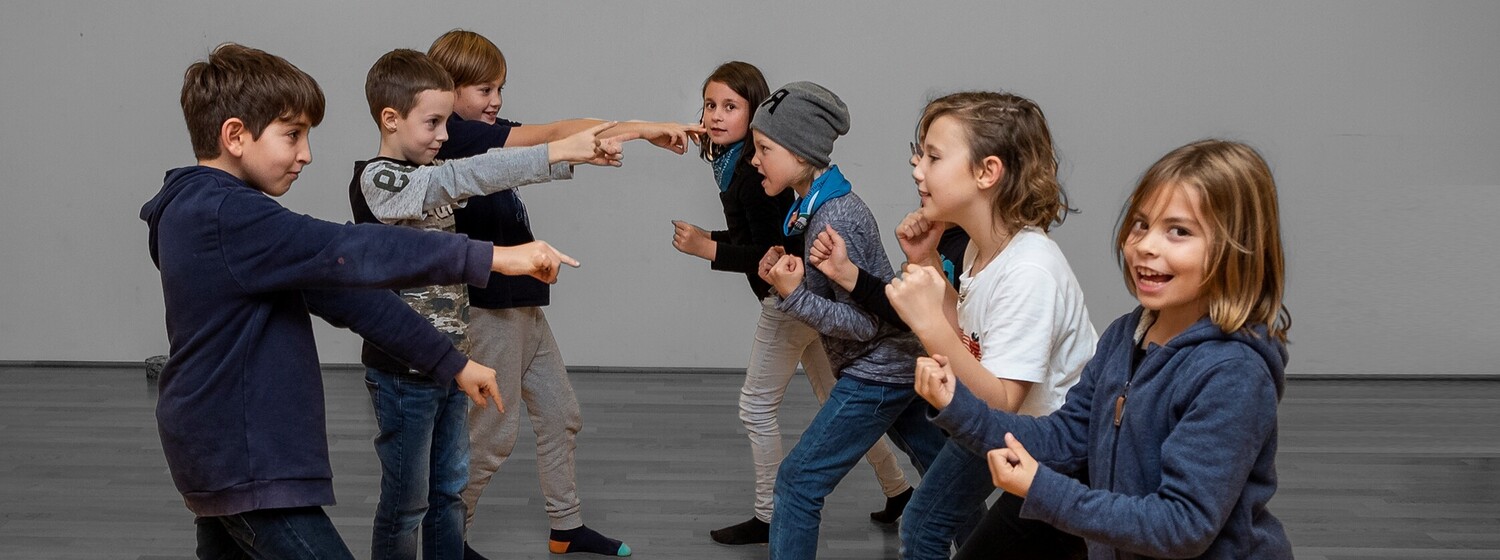
Ich bin du. Bist du ich? MuseumsQuartier Wien
Sein is a German irregular verb meaning to be. Sein appears on the 100 Most Used German Verbs Poster as the #1 most used irregular verb.Sein Conjugation: Present Tense ich bin du bist er/sie/es ist wir sind ihr seid sie sind *Irregular forms in bold.Sein Present PerfectThe past participle of Sein is gewesen.

Arbeitsblätter · Grundschule · Lehrerbüro
The conjugation of the verb sein (be, stay) is irregular. Basic forms are ist, war and ist gewesen. The stem vowels are ei - a - e. The auxiliary verb of sein is sein. The flection is in Active and the use as Main. For a better understanding, countless examples of the verb sein are available. For practicing and consolidating, there are also.
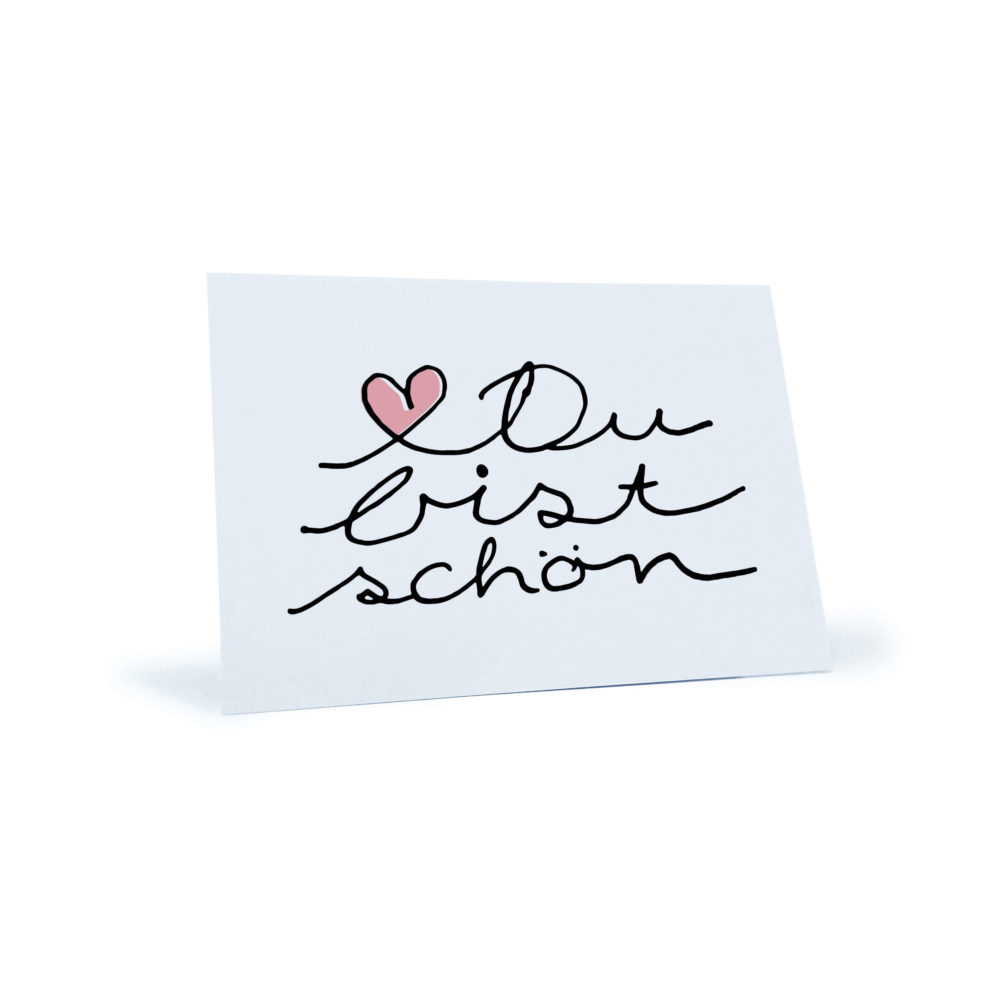
HerzPostkarte "Du bist schön" Stay Inspired!
https://www.youtube.com/watch?v=4pz6kjvv8Ak&list=PLC1OL3k1R1Y6qTLH0i_R-z2XVXnbJf-O6&index=1https://open.spotify.com/playlist/4f8HBB3vrzu7ubCjh4ZMbh?si=30bd54.
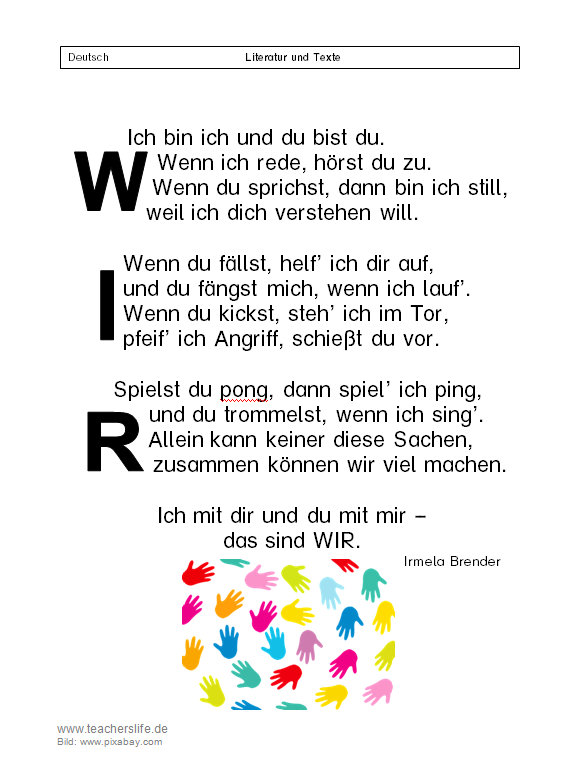
Berliner Institut für Kleinkindpädagogik und familienbegleitende Kinderbetreuung e.V. Unter 3
The present tense conjugations of 'sein' are ich bin, du bist, Sie sind, er / sie / es ist, wir sind, ihr seid, and sie sind. Put into a typical conjugation table, these options are presented like this: Present Tense Conjugation Table: ich bin: wir sind: du bist: ihr seid: er/sie/es ist:

So bin ich und wie bist du? Klett Kinderbuch Verlag GmbH
Present of German verb sein. The conjugation of sein (be, stay) in the present tense is: ich bin, du bist, er ist, wir sind, ihr seid, sie sind. The forms of "sein" in the present have different stems and are endless. The formation of the forms corresponds to the grammatical rules for the conjugation of the verbs in the present tense. 9Comments ☆4.25
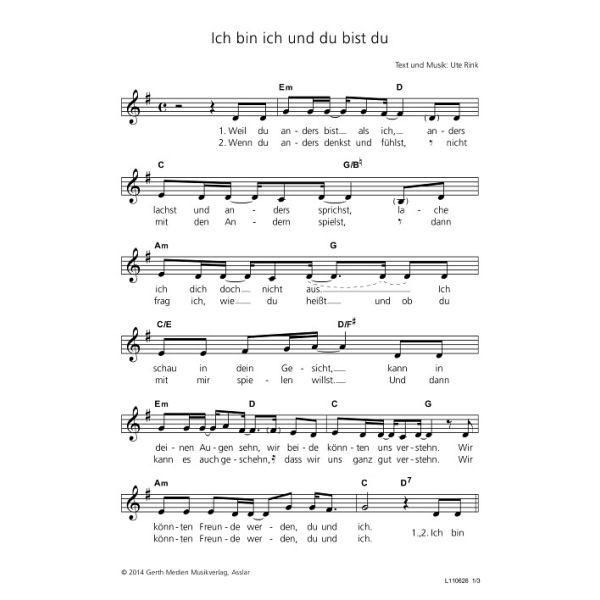
Ich bin ich und du bist du (Noten Download)
ich bin gewesen: I was/have been: du bist gewesen: you (familiar) were have been: er ist gewesen sie ist gewesen es ist gewesen: he was/has been she was/has been it was/has been: wir sind gewesen: we were/have been: ihr seid gewesen: you (plural) were have been: sie sind gewesen: they were/have been: Sie sind gewesen: you (formal) were/have been

Tafelanschrift (franz.) "Sein Ich bin. Du bist." Pfarrbriefservice.de
Wie man es konjugiert (ich bin, du bist etc.), musst Du demnach schlichtweg auswendig lernen. Das Verb „sein" kann in einem Satz die Rolle des Vollverbs oder des Hilfsverbs haben. Hier habe ich ein Beispiel für Dich zum Thema „Das Verb sein" direkt aus dem Leben:

Wir (Ich bin ich und du bist du) by Ulk Van Bulk on Amazon Music
Conjugation of the verb "sein" in the imperative, the participle and the infinitive. The imperative and the participle are important grammatical moods in the German conjugation. They are widely used, so we invite you to refer to our lessons on German participle and the imperative in German to know their uses in detail.. The imperative in German is used to give orders, demand something from.

ICH BIN DICK, DU BIST DOOF, ICH KANN ABNEHMEN, UND DU ? von Wicki65 Spreadshirt
Explanation. There are many verbs that use the helping verb sein to form the present perfect tense. Most of them refer to movement or a change of position, such as gehen (to go on foot), fahren (to drive), or kommen (to come), as well as the verbs sein itself and bleiben (to stay). Ich bin in den Supermarkt gegangen. I went into the supermarket.

Das bin ich & Das bist du Bild 1 Klicken zum Vergößern
Ich bin groß - I am tall. you are: du bist: Du bist intelligent - You are intelligent. he is: er ist: Er ist freundlich - He is friendly. she is: sie ist: Sie ist Einzelkind - She is an only child.
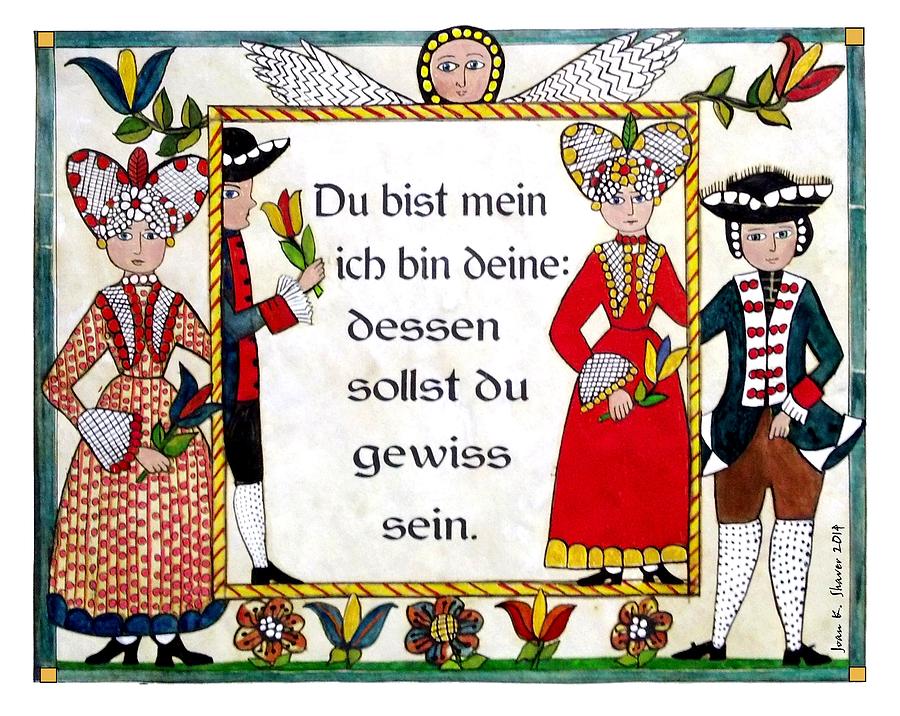
Du Bist Meinich Bin Deine Painting by Joan Shaver
ich bin → I am. du bist → you are. er ist → he is. sie ist → she is. es ist → it is. wir sind → we are. ihr seid → you are. sie sind → they are. 2. "Sein" in simple past (Präteritum) ich war → I was. du warst → you were. er war → he was. sie war → she was. es war → it was. wir waren → we were. ihr wart → you.

Ich bin ich und Du bist Du! Und zusammen sind wir Zwillinge! von Silke Carl; Christina
Ich bin zur Insel geschwommen. Ich bin/habe Bestzeit geschwommen. I swam to the island. ↔ I swam my best time. Du bist zum Schiffswrack getaucht. Du bist/hast im Urlaub getaucht. You dived to the shipwreck. ↔ You dived on holiday. The verb tanzen is an exception.
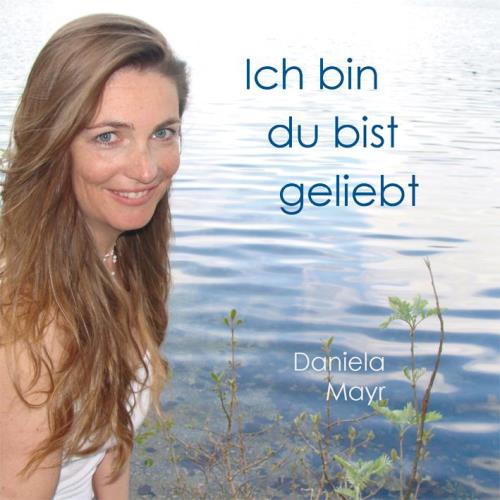
Daniela Mayr Ich bin, du bist geliebt CD incl. free shipping!
Sein is an irregular German verb, which means its conjugation doesn't follow a typical pattern. In other words, although the verb is 'sein', when conjugated it becomes 'bin' or 'ist', for instance. sein - present tense. ich bin - I am du bist - you are (informal; when addressing just 1 person) er/sie/es ist - he/she/it is
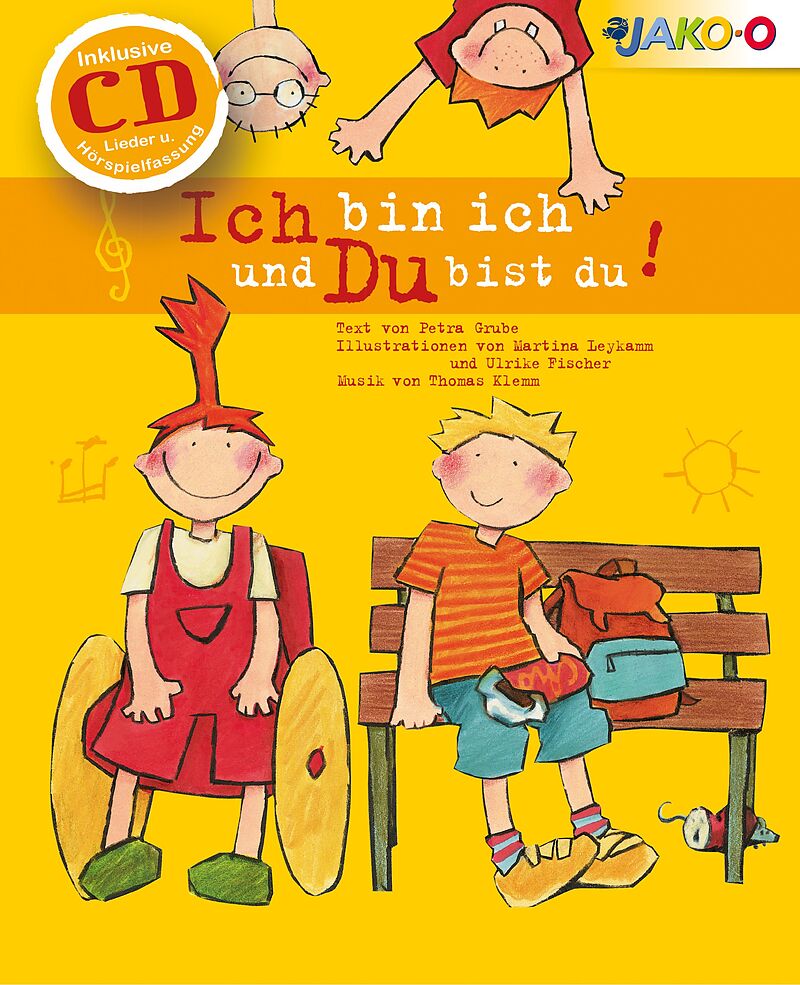
Ich bin ich und Du bist du! Buch + CD Petra Grube Hörbuch kaufen exlibris.ch
The Rules of 'Haben' in German . We'll start with haben.Look at the following table for the conjugation of haben in the present tense, along with sample sentences.Notice the strong resemblance to English for many forms of this verb, with most forms only one letter off from the English ( habe/have, hat/has).In the case of the familiar you (du), the German verb is identical to Old English: "thou.
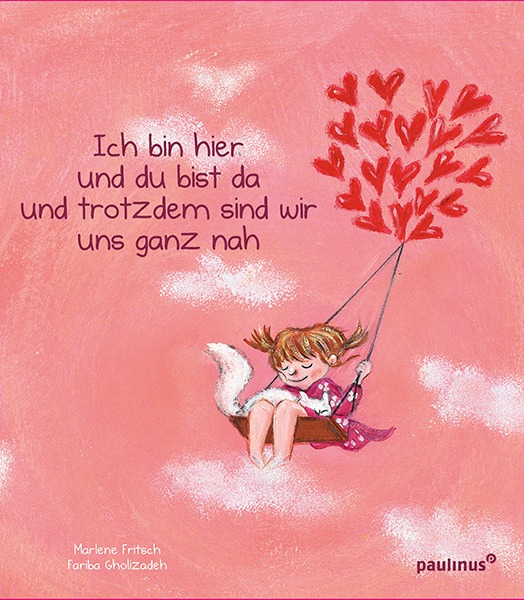
Ich bin hier und du bist da und trotzdem sind wir uns ganz nah Paulinus Verlag GmbH
https://open.spotify.com/playlist/4f8HBB3vrzu7ubCjh4ZMbh?si=06d644fd30c64c23https://www.youtube.com/watch?v=66GywPYI0ek&list=PLC1OL3k1R1Y6qTLH0i_R-z2XVXnbJf-.
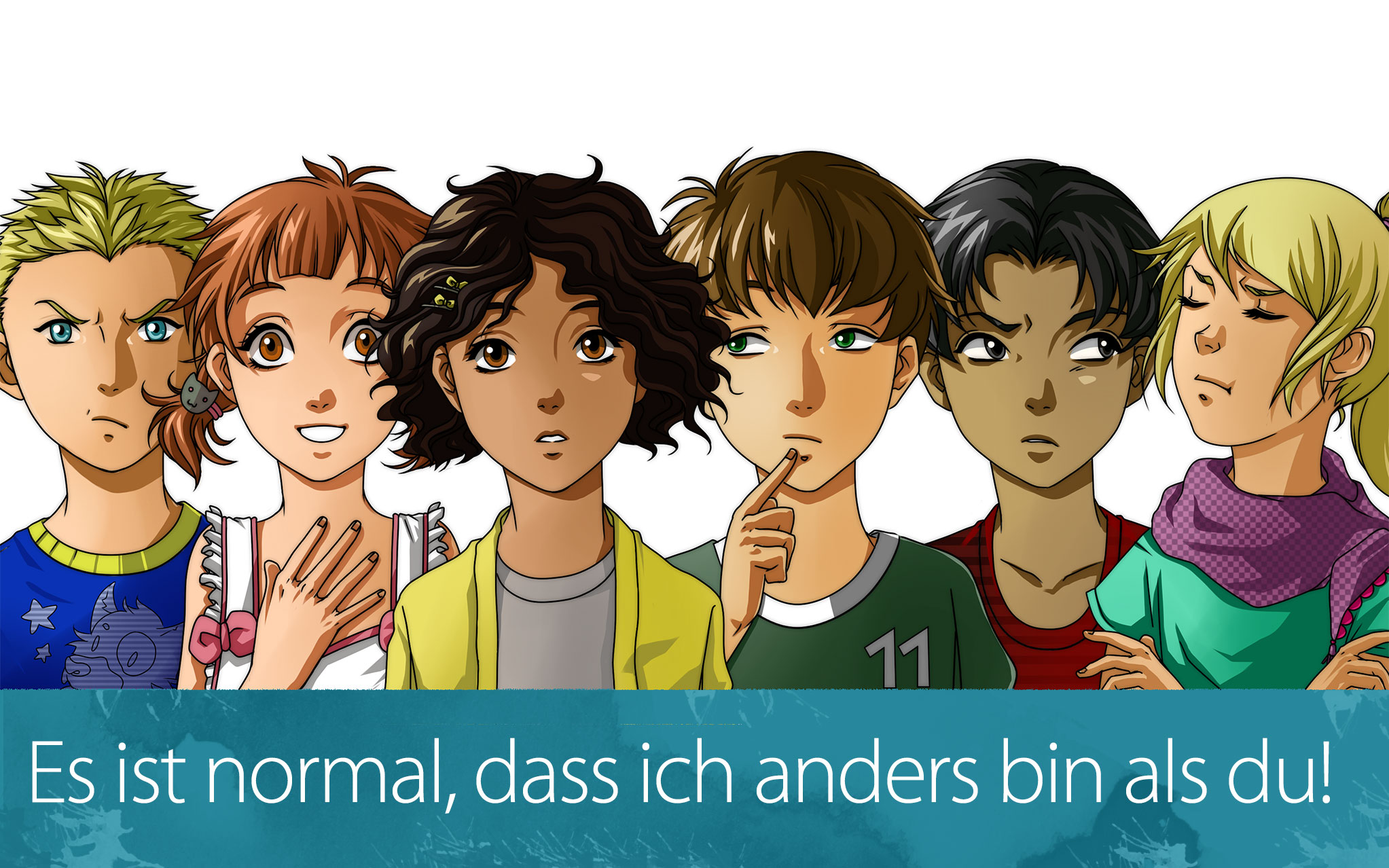
Ich bin ich. Du bist du. Gemeinsam Ein Wir.
What a mess. I mean… to be isn't exactly a beacon of consistency either, especially if we include the past forms was and were. If you're wondering why these two verbs have such a "variety" of forms - the reason is that what we're looking at is actually a mixture of forms of several verbs. to be and ich bin for example come from one stem, ist, is and sein come from another and was.